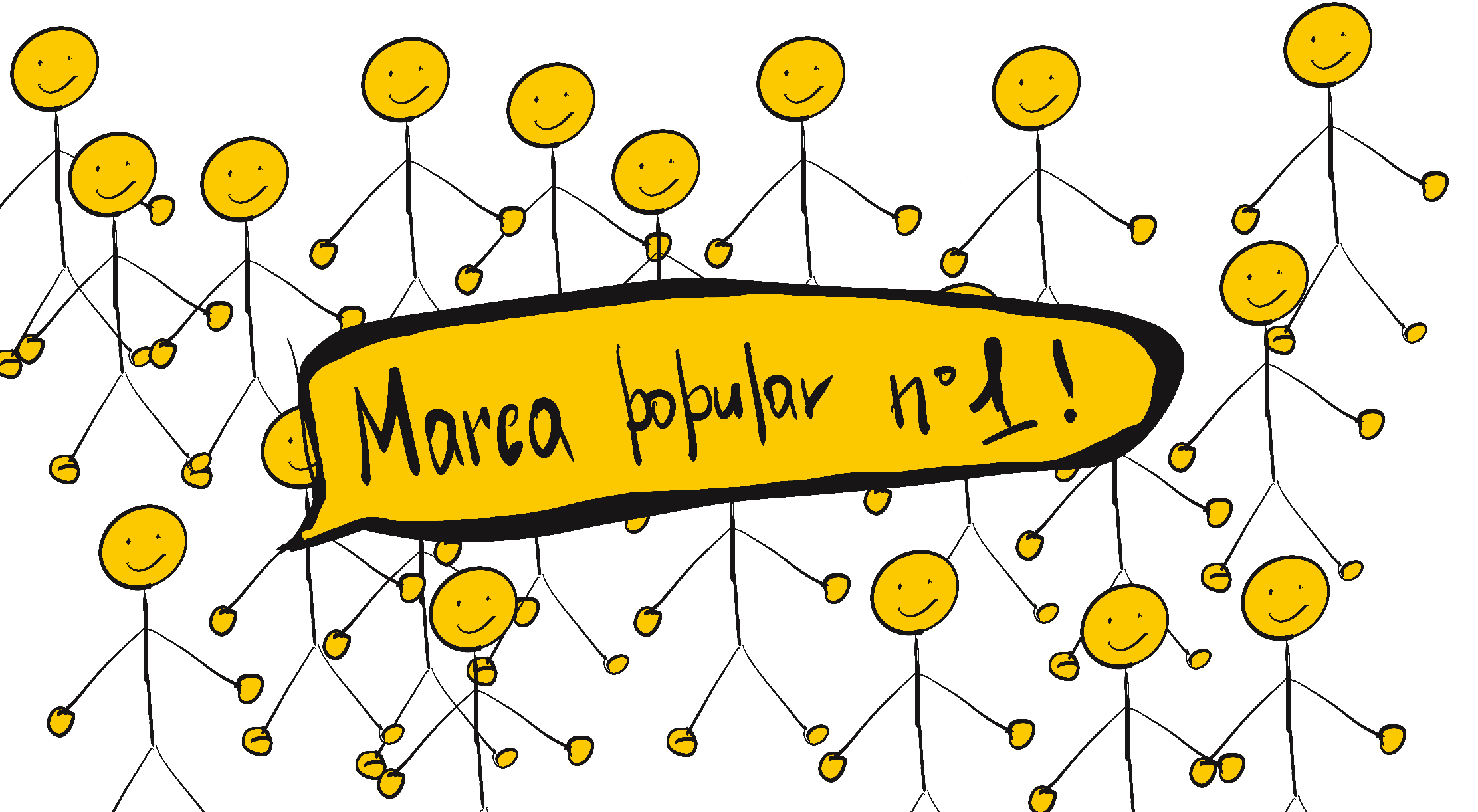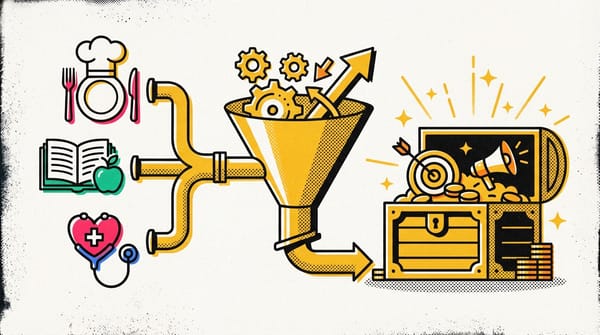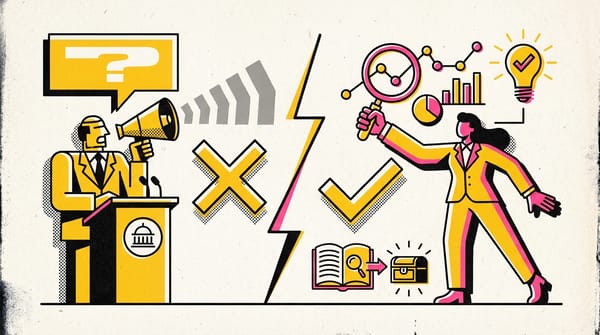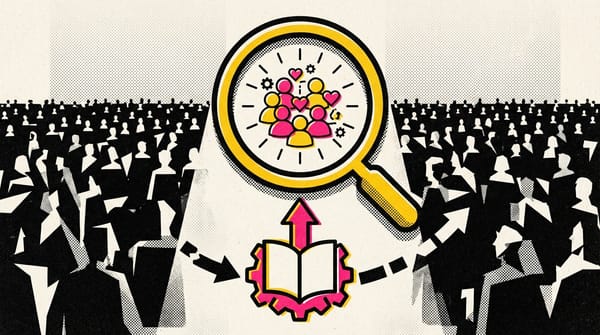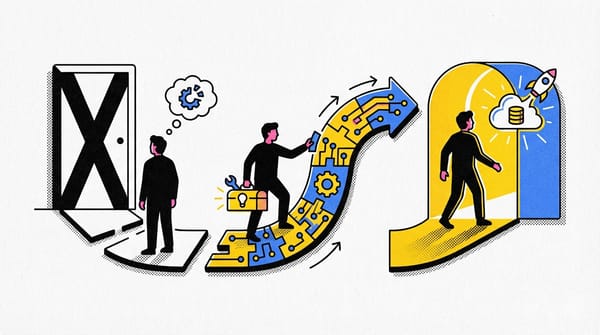How emotions influence our purchasing decisions: Discover the hidden power behind your choices
Uncover how emotions shape your purchasing decisions. Learn 8 key principles to enhance your choices and boost your buying power today!
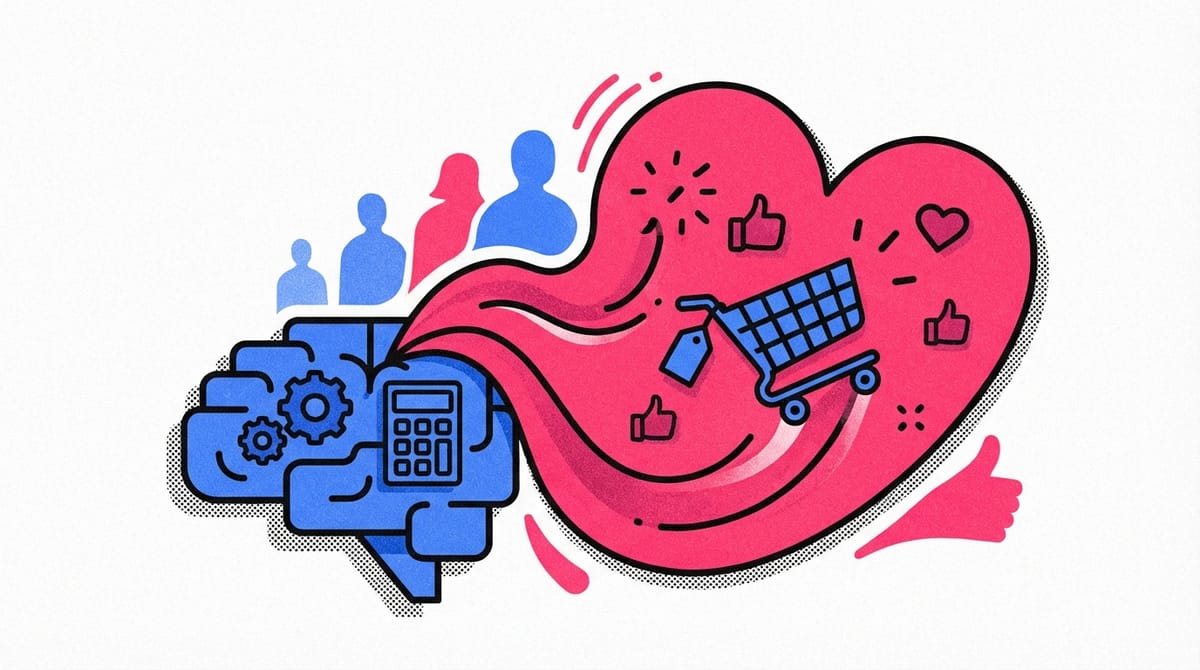
For buyers and entrepreneurs!
Today, the science of behavioral economics provides the key to understanding the hidden motives that drive our choices. Nobel Prize laureate Daniel Kahneman, in his iconic book "Thinking, Fast and Slow," exposes the dualism of our thinking: a fast and intuitive reaction and a slow and deliberate analysis. This concept has become the basis for future research in behavioral economics, expanding our understanding of how emotions affect economic decisions.
Scientists like Richard Thaler have explored how biases and heuristics shape our financial decisions, highlighting the importance of emotions beyond pure economic calculation. Thaler, known for his contribution to the theory of "nudging," demonstrated that even minimal nudges in the right direction can significantly change our economic behaviors for the better.
In this article, I briefly outline the framework for understanding how emotions shape our purchasing decisions, based on the principles of behavioral economics. I have written eight key principles that show why people often buy not based on cold calculation but under the influence of powerful emotional impulses. From the fear of loss to the thirst for social approval, these principles will help you understand yourself to avoid these traps or set them for others.
8 principles of behavioral economics:
Fear of Losing
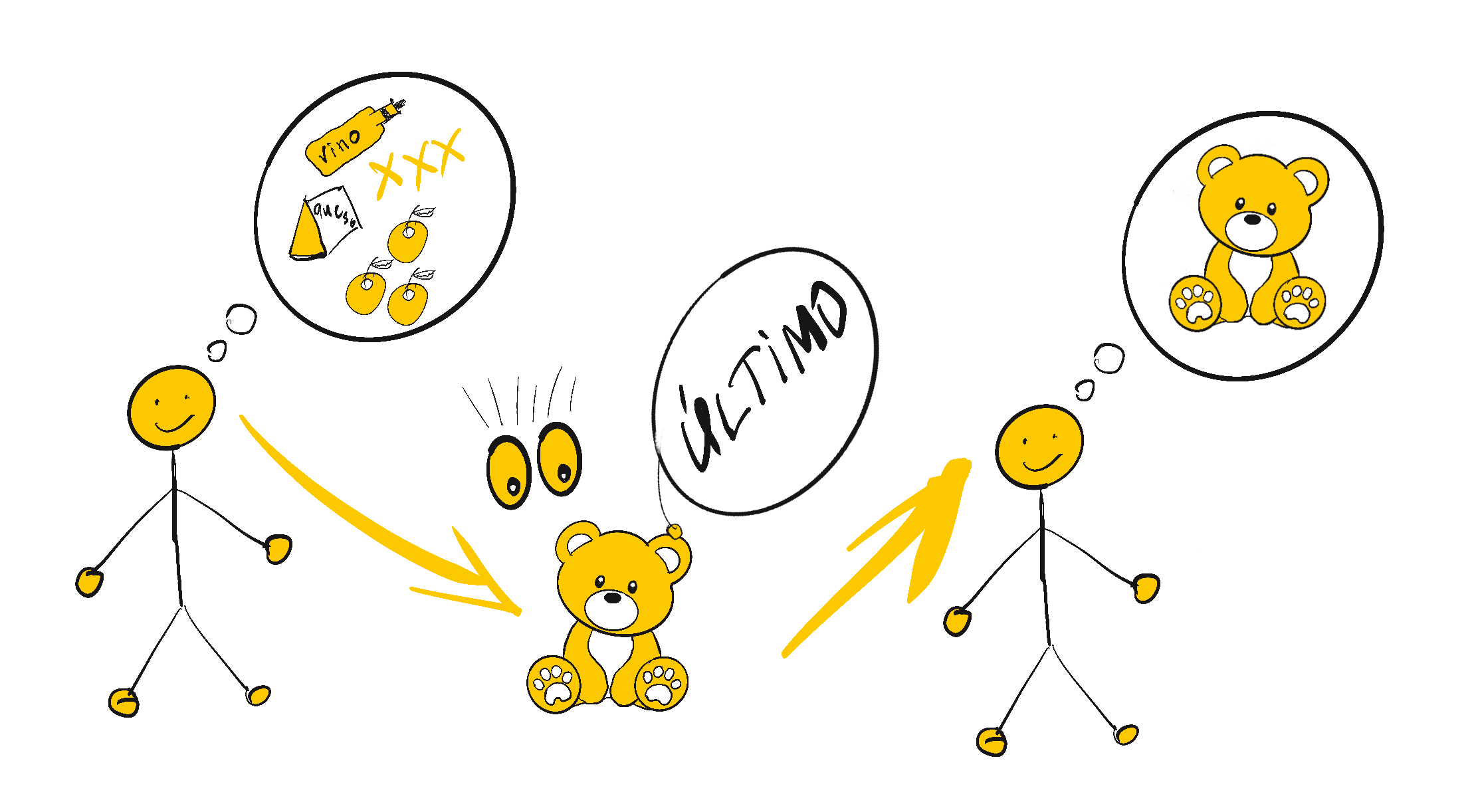
People find it difficult to let go of something. Studies show that losing a gain already obtained is perceived as much more painful than the joy of acquiring it. Therefore, models like "We will refund your money if you don't like it" or "Free period" (after which it is a shame to lose the acquired function or you forget to extend the subscription and the money is withdrawn) eliminate the fear of losing money and help make a purchasing decision faster.
People value what is lost more than what is potentially acquired. An example could be the situation of booking a hotel when the website says: "Only 1 room left at a special price!" This creates a sense of urgency and the fear of missing a good deal, prompting the user to act immediately.
Social Approval
